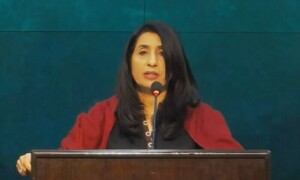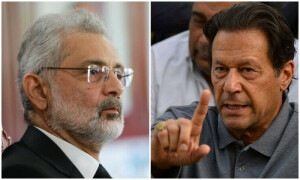WHEN it comes to tackling cybercrime in Pakistan, the problems are two-fold. First, the hurried passing of the Pakistan Electronic Crimes Act in 2016 laid out an ill-defined set of laws that have been criticised for giving the state room to curb free speech, conduct surveillance with relative impunity, and unfairly prosecute citizens.
Second is the issue of implementation. In this regard, the primary agencies involved are the PTA as the regulatory body, and the FIA cybercrime wing that looks into crimes reported. PTA has offered to relinquish its role of monitoring electronic crimes to the FIA. This was shared with the Senate Standing Committee on Information Technology recently for reasons that require further explanation.
A primary argument put forward by the FIA was that it had “the capacity and expertise to approach the subject from an angle of fighting crime”. This suggestion flies in the face of a similar meeting in June where the FIA shared that it is operating far below capacity with only 10 experts, who were trying to investigate 2,600 cases of cybercrime out of over 18,000 complaints received at the time. It was also shared that there are just over 100 officials in the cybercrime wing, and that they lack necessary training.
Has the situation changed so drastically since June that the FIA can now not only investigate thousands of cases, but also monitor millions of sites, social media activity and more?
The PTA chairman informed the Senate committee that his department lacked the capacity to block content and had to do it manually as they required “millions of dollars of investment to install web management systems”. What was not shared was whether the FIA had the web management systems in hand or the money to procure them, let alone the issue of manpower and expertise in monitoring, which is different from investigating a crime.
Even if the FIA can handle both monitoring and investigation, is this an ideal scenario?
From what we’ve seen of the state’s sledgehammer approach to governing cyberspace, further centralisation of power is dangerous. As such, this act of passing the buck is regressive. And easy. What’s hard to do is work on the big questions — are the laws fair and sufficient? Are they built taking into consideration the state’s capacity? What crimes need to be focused on?
It is telling that the lawmakers at the meeting were concerned about not only child pornography, but also defamation of politicians who “cannot tolerate insults”.
Published in Dawn, October 22nd, 2018












































